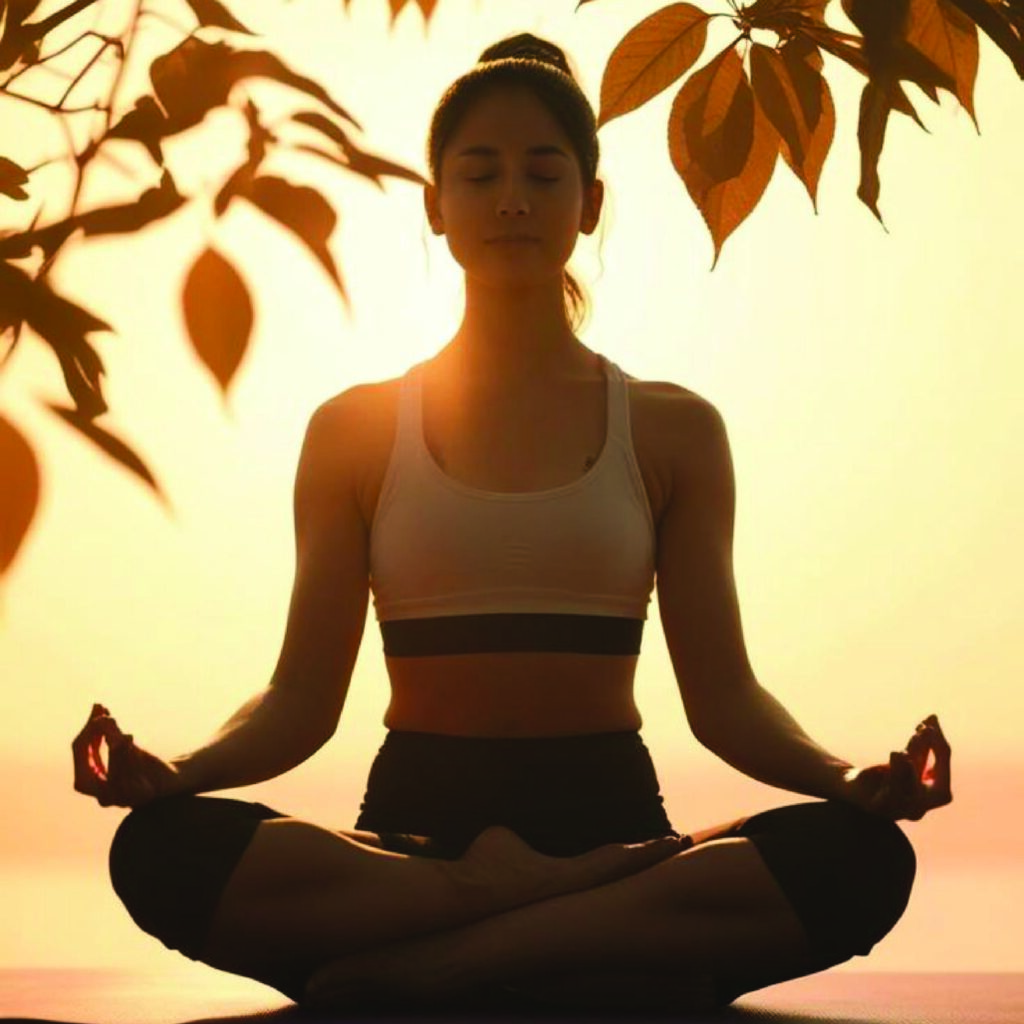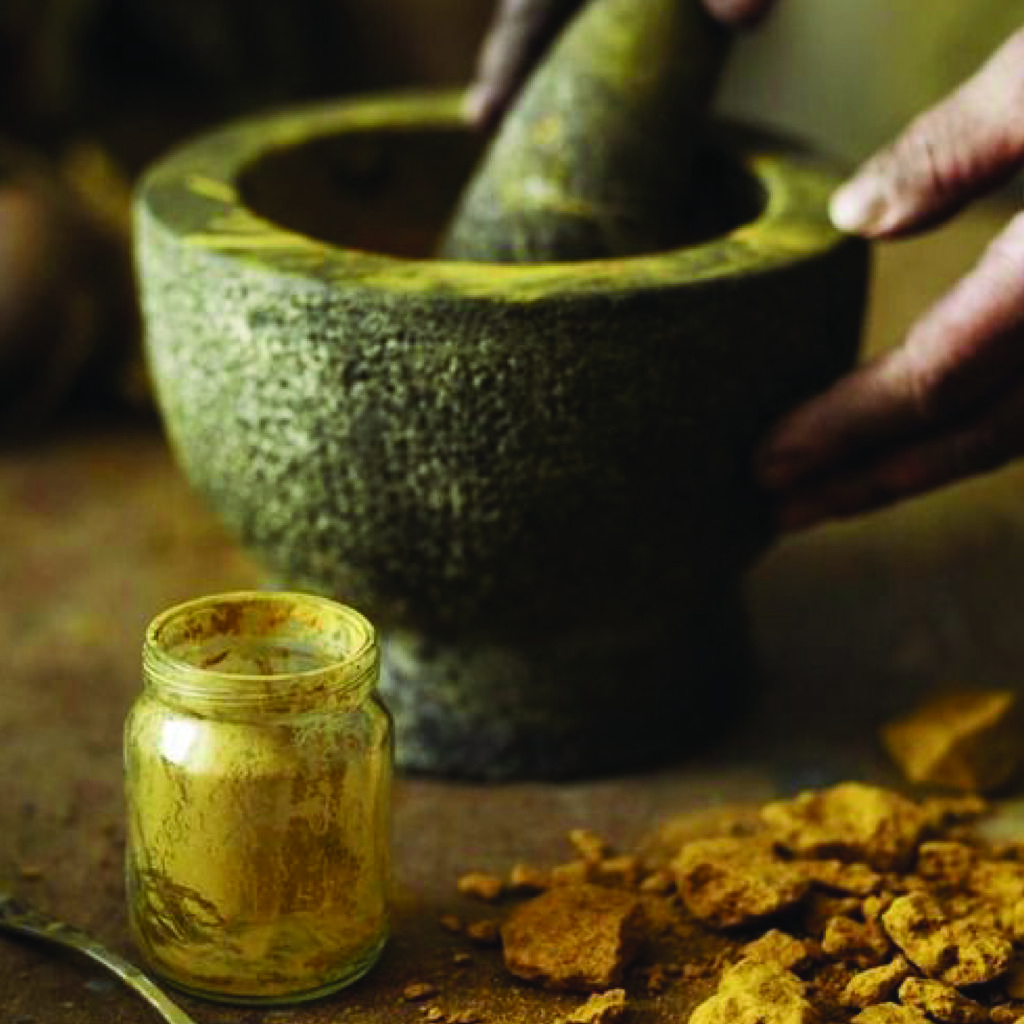Physical Wellness Collective
/Rejuvenation

Rejuvenation refers to the process of restoring vitality, energy, and well-being, often through physical, mental, or emotional means. It involves taking intentional steps to relax and refresh the body and mind, improving overall health. Methods of rejuvenation can include activities like spa treatments, meditation, yoga, and regular exercise, which help reduce stress and promote relaxation. A balanced diet with nutrient-rich foods also plays a key role in rejuvenating the body by providing essential vitamins and minerals. Mental rejuvenation often includes taking breaks from daily routines, practicing mindfulness, or engaging in hobbies that bring joy. Proper sleep is essential for rejuvenation, as it allows the body to repair and recharge. Detoxification practices, such as drinking water, fasting, or herbal treatments, can also support the body’s natural rejuvenation processes.
Time spent in nature or a peaceful environment can have a rejuvenating effect on the mind. Additionally, positive social interactions and laughter contribute to emotional rejuvenation. Overall, rejuvenation is about restoring balance and well-being to live a more energized and fulfilling life.
Respiratory Health
Respiratory health refers to the proper functioning of the lungs and airways, which are essential for breathing and oxygen delivery throughout the body. Maintaining good respiratory health is vital for energy, stamina, and overall well-being. It can be supported by avoiding smoking and secondhand smoke, which are major causes of lung diseases like asthma, bronchitis, and COPD. Regular exercise strengthens the lungs and improves breathing efficiency. Clean air and good ventilation help prevent respiratory infections and allergic reactions. Practicing deep breathing and lung-strengthening exercises can enhance lung capacity. Staying hydrated helps keep the airways clear and moist. A balanced diet rich in antioxidants, like fruits and vegetables, supports immune defense against respiratory illnesses.
Timely vaccinations, such as the flu shot, can prevent infections that affect the lungs. Overall, caring for respiratory health ensures easier breathing and a stronger, healthier body.
In addition to lifestyle habits, managing environmental factors like air pollution and allergens is crucial for protecting the lungs.

Skin & Hair Care

Skin and hair care involves maintaining the cleanliness, nourishment, and protection of the skin and scalp to promote a healthy appearance and prevent common issues. A good skincare routine includes cleansing, moisturizing, and using sunscreen daily to protect against sun damage and premature aging. Proper hair care involves regular washing, conditioning, and avoiding excessive heat or harsh chemicals that can cause dryness and breakage. Drinking plenty of water and eating a balanced diet rich in vitamins, especially A, C, E, and biotin, supports healthy skin and hair from within.
Gentle products suited to your skin and hair type help prevent irritation and damage. Regular exfoliation removes dead skin cells, promoting a brighter complexion. Scalp massages and oil treatments can improve blood circulation and strengthen hair roots. Avoiding stress and getting enough sleep also play a key role in maintaining healthy skin and hair. Personal hygiene and avoiding the sharing of personal grooming items help prevent infections like acne or dandruff. Consistency in care leads to long-term health and natural beauty.
In addition to routine care, protecting skin and hair from environmental factors like pollution and UV rays is essential.
Contacts
124, GHK Nagar, Sulur, Near VM Hospital Coimbatore – 641402.
9542137400
support@brahmatheertham.com
accouts@brahmatheertham.com
Every day: 9:30 AM – 05:30 PM
Sat – Sun: 9:30 AM – 01:00 PM
Copyright 2025 brahmatheertham.com
